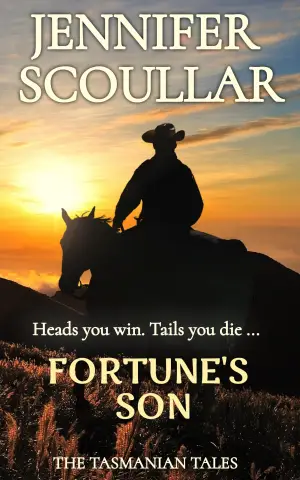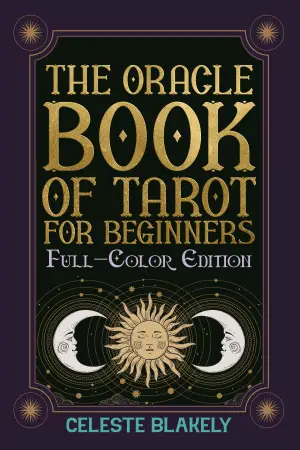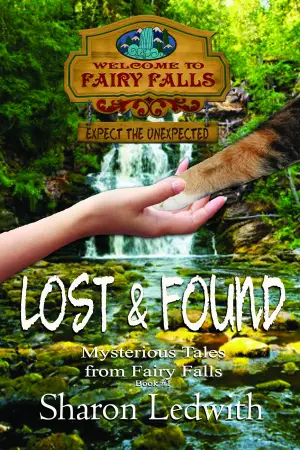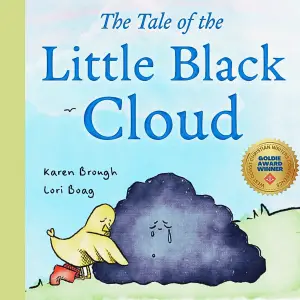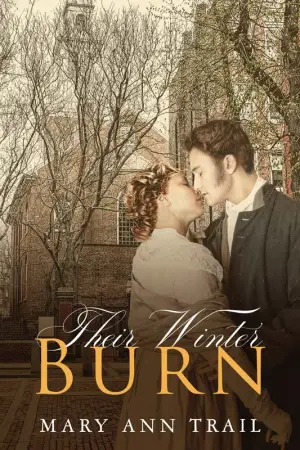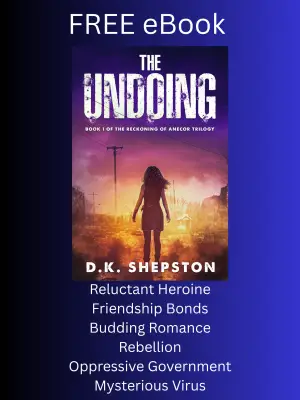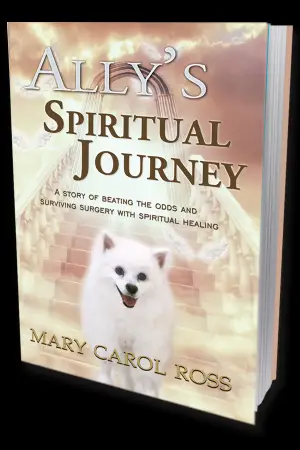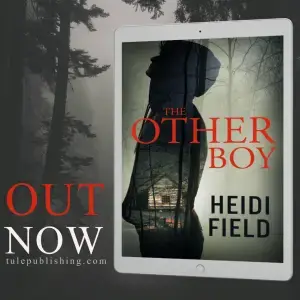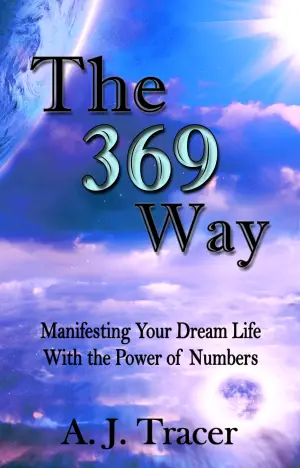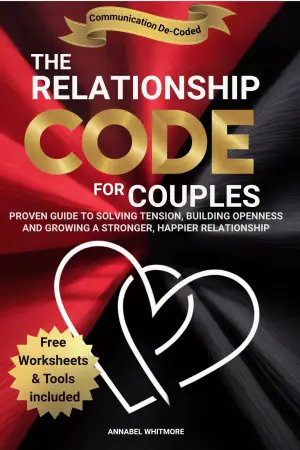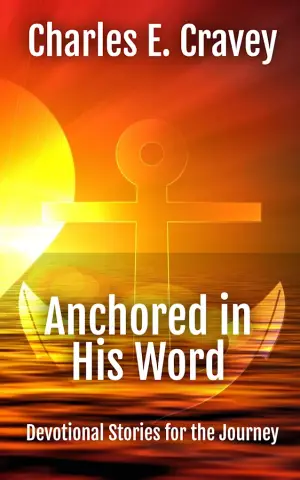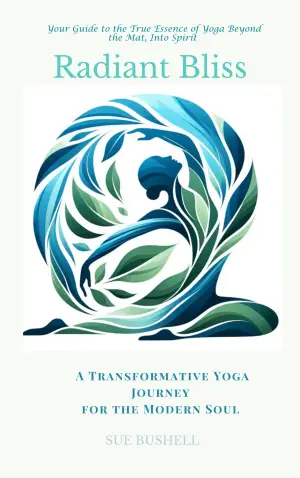Exploring Relationships in "The Apple Tree" (Sunday Morning, #2)
When I first picked up "The Apple Tree" by Jewel E. Ann, I was buzzing with anticipation. Her previous works had left an indelible mark on me, so I wasn’t just looking forward to a good story—I expected it to be a delightful journey. The premise—a romance blossoming between a single father and his young, charismatic neighbor—sounded promising. Who doesn’t love an exploration of unexpected attractions, especially within the dynamics of a small-town setting?
The story revolves around Eve, the spunky heroine, and Kyle, the charming hero. As Kyle navigates fatherhood with his young son, Josh, it’s Eve’s intoxicating allure and immediate connection to both characters that weaves the narrative together. From the start, there’s an undeniable chemistry that pulses through the pages, without veering into the territory of instalove. Instead, it’s more about the instant attraction and the complexities that arise from it.
One of the notable aspects of the book is its pacing, which flows well and kept me engaged throughout. Jewel’s ability to balance the storyline without tempting me to skim was refreshing; I genuinely felt invested in the characters’ journeys. However, as the story neared its conclusion, my excitement began to wane. The ending felt tacked on—a rush to wrap up the threads of conflict just moments before the final chapter. While I appreciate an epilogue that showcases a HEA (happily ever after), this one felt like it was appeasing readers who crave that closure, rather than genuinely fulfilling the narrative’s promise.
Character development, a hallmark of Jewel E. Ann’s previous books, unfortunately fell a bit flat for me this time around. Eve’s cringeworthy immaturity and Kyle’s hot-and-cold approach to confrontation left me feeling somewhat disconnected. Although they were both likable and flawed—traits I often admire in her characters—I wished for a deeper emotional connection with them. Kyle’s tendency to push Eve away and Eve’s somewhat desperate pursuit created a push/pull dynamic that didn’t resonate entirely with me.
Another element to note is the heat level. The moments of tension and chemistry between Eve and Kyle were palpable, with some steamy scenes that felt well-placed rather than gratuitous, making it a highlight. Still, I couldn’t help but feel a twinge of disappointment. I had hoped for more emotional stakes and deeper character interactions to truly elevate the stakes of their connection.
Themes of parenthood and the complexities of romantic relationships are present, yet they didn’t land with the same weight as in Jewel’s earlier works. The exploration of age differences and the scars of past relationships was interesting, but perhaps should have been delved into with more depth.
In conclusion, “The Apple Tree” may appeal to fans of Jewel E. Ann who enjoy light, engaging romance with intriguing setups but might leave those craving her usual depth and emotional connection feeling a bit let down. If you’re a reader who appreciates the journey of flawed characters navigating love, you may still find enjoyment here; just temper your expectations about character development and closure. Personally, I left wanting a bit more from a book I hoped would resonate on a deeper level. Perhaps it signals a shift for me—Jewel E. Ann may now be a hit-or-miss author in my book collection.
Have you read "The Apple Tree"? I’d love to hear your thoughts! 🌳📚
Discover more about The Apple Tree (Sunday Morning, #2) on GoodReads >>

